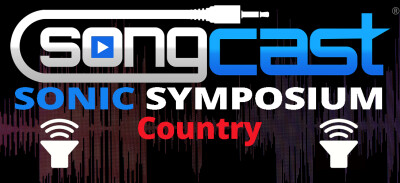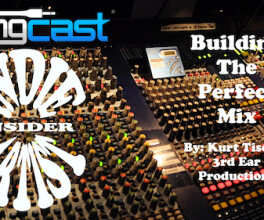 A music resume is much like the kind you’d find for other professions – it’s meant to provide contact information, a summary of your experience and skills, and an overview of your goals.
A music resume is much like the kind you’d find for other professions – it’s meant to provide contact information, a summary of your experience and skills, and an overview of your goals.
What makes a music resume different is the way it’s formatted and the people who may eventually review it. Just like the music itself, a compelling, well-polished resume can help you get a leg up in the music business; conversely, an poor presentation can set your career back several steps.
What goes into a music resume?
Summary
In the old days, people wrote resume “objectives” that were often less than inspiring. Today, a good resume begins with a one-paragraph summary of your experience, complete with the keywords most likely to be recognized by today’s resume-scanning software. So if you seek bookings as a guitarist, your summary will contain keywords like “guitarist,” “lead guitar,” “solo guitar” and other relevant phrases.
Contact information
A potential music publisher, club manager or booking agent needs up-to-date, comprehensive and reliable contact information. Always include a phone number, email address and mailing address. After that, you can list your website, social media pages and YouTube channel as appropriate.
And since you never know when that prospective employer might contact you, check your voicemail and email regularly, even on very busy days.
Experience
As an independent composer, lyricist, performer, musician or arranger, you likely have a wide range of experience, both on your own and on behalf of employers. Arrange your experience according to easily identifiable categories: performance (live and recorded), teaching, coaching, arranging, and so on.
From there, organize your specialties within the categories. For example, for performance list out solo and group performances; or for composition, organize by type of instrument or genre of music.
List your experience as far back as you can in terms of professional or amateur standings. You may stop short of your high-school music classes, however, unless you were a scholarship student, mentor or music coach.
Education
Your musical education may have originated in school, college, conservatory or the “university of life.” Include your most relevant educational accomplishments; if you are self-taught, remember to include any independent training or classes you took to reach your level of expertise.
Recognition
Scholarships, grants, sales milestones, awards and other recognition can set your resume apart when music business professionals review it. List your accomplishments starting with the most recent.
Sending your resume
Though you will want to print out some high-quality copies of your finished resume, as a member of the digital distribution world you’ll be distributing the document primarily online. Send it to some friends as a test – have them open the resume on a PC and a Mac, using different browsers, to ensure that the formatting stays true.
- Posting your resume to your Facebook, Twitter or LinkedIn page can maximize the “share” factor.
- Emailing your resume can help get it directly into the right hands. You may also include a hyperlink to a YouTube video or an audio file.
Be proud of your credentials
Whether you’re just breaking into the music business or are pursuing new avenues of distribution, you can take pride in a resume that creates an accurate and compelling picture of you. Having credentials ready to send at a moment’s notice gives you more confidence to approach the industry professionals who can help send you on your way.












































Comments
No comment